Description
How NMN Works to Support Diabetes Management
Here are the detailed mechanisms by which NMN supplementation could potentially benefit individuals with diabetes:
1. Improves Insulin Sensitivity
- Mechanism: NMN enhances the activity of sirtuins (SIRT1), which regulate insulin signaling and glucose metabolism.
- Benefits:
- Increased glucose uptake by skeletal muscles.
- Reduced insulin resistance in liver and fat tissues.
- Improved overall glycemic control.
Clinical Insight: By improving insulin sensitivity, NMN may help reduce blood sugar levels and the amount of insulin the body needs to produce or take externally.
2. Enhances Mitochondrial Function
- Mechanism: NAD+ produced from NMN is crucial for mitochondrial health. Mitochondria are responsible for generating cellular energy (ATP) by metabolizing glucose and fatty acids.
- Benefits:
- Enhanced glucose metabolism.
- Better energy production, reducing fatigue often associated with diabetes.
- Decreased accumulation of harmful byproducts, such as advanced glycation end-products (AGEs), that worsen diabetes complications.
Clinical Insight: Improved mitochondrial function can counteract one of the key defects in type 2 diabetes, helping cells efficiently utilize glucose.
3. Protects and Preserves Pancreatic Beta Cells
- Mechanism: NMN reduces oxidative stress and inflammation in pancreatic beta cells, which produce insulin.
- Benefits:
- Protection against beta-cell apoptosis (cell death).
- Enhanced insulin secretion in response to blood sugar levels.
- Prevention of beta-cell dysfunction, a hallmark of type 2 diabetes progression.
Clinical Insight: Preserving beta-cell health is critical to maintaining the body’s ability to produce insulin naturally.
4. Reduces Chronic Inflammation
- Mechanism: NMN boosts NAD+, which activates pathways that suppress pro-inflammatory cytokines and promote anti-inflammatory responses.
- Benefits:
- Reduced inflammation in adipose (fat) tissue, which is a major contributor to insulin resistance.
- Improved metabolic health by lowering systemic inflammation.
Clinical Insight: Chronic low-grade inflammation in diabetes not only worsens insulin resistance but also contributes to cardiovascular complications. NMN’s anti-inflammatory effects can help address these issues.
5. Decreases Oxidative Stress
- Mechanism: NMN supports NAD+-dependent enzymes like PARPs and sirtuins, which repair oxidative damage and maintain cellular health.
- Benefits:
- Reduced oxidative stress in insulin-sensitive tissues like the liver and muscles.
- Prevention of cellular damage linked to long-term diabetes complications, such as neuropathy, nephropathy, and retinopathy.
Clinical Insight: Lower oxidative stress helps protect against diabetes-related complications.
6. Improves Lipid Metabolism
- Mechanism: NMN activates pathways that regulate fat metabolism, reducing ectopic fat deposition in tissues like the liver.
- Benefits:
- Decreased liver fat (hepatic steatosis), improving insulin signaling.
- Lower triglyceride and cholesterol levels.
- Reduced risk of cardiovascular disease, a common complication of diabetes.
Clinical Insight: By improving lipid metabolism, NMN can indirectly enhance insulin sensitivity and reduce the burden of diabetes-related cardiovascular risks.
7. Aids in Weight Management
- Mechanism: NMN boosts mitochondrial function, increasing energy expenditure and promoting fat oxidation.
- Benefits:
- Enhanced weight loss or prevention of weight gain.
- Improved metabolic flexibility, allowing the body to switch more efficiently between burning carbohydrates and fats.
Clinical Insight: Weight loss is a cornerstone of type 2 diabetes management, and NMN may provide metabolic support in achieving this goal.



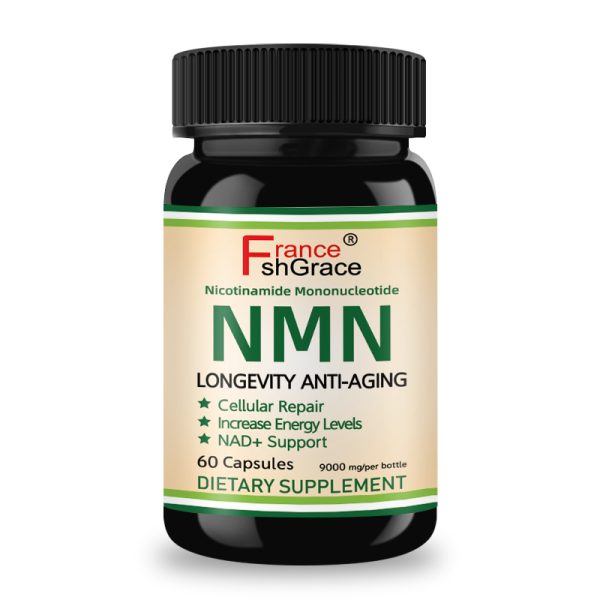
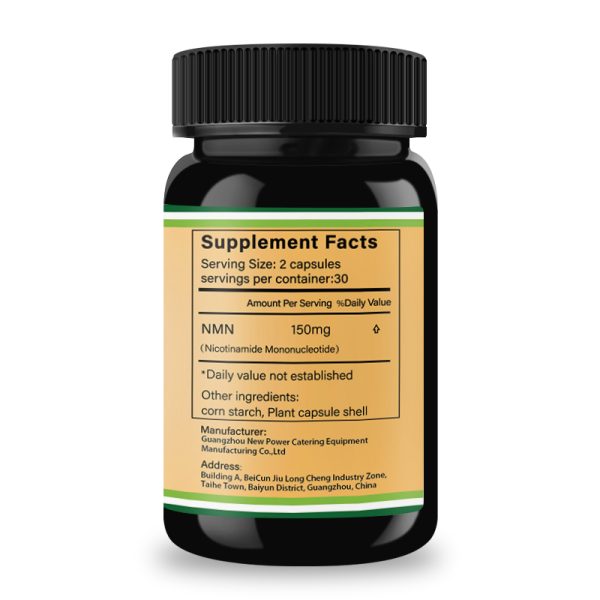
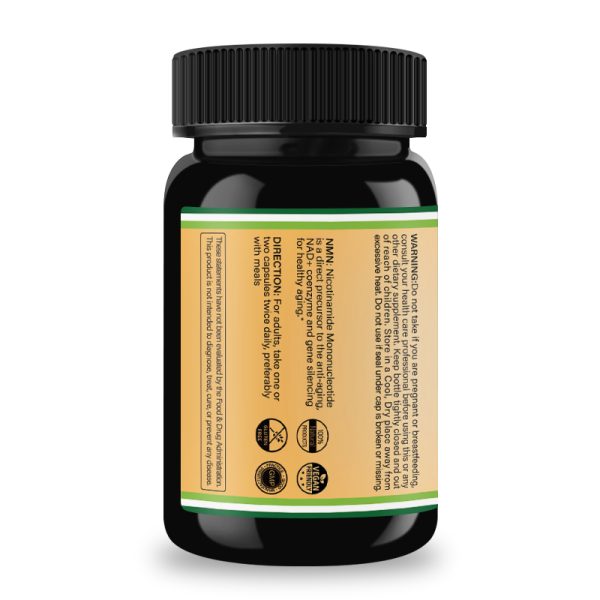
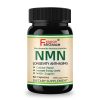

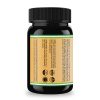
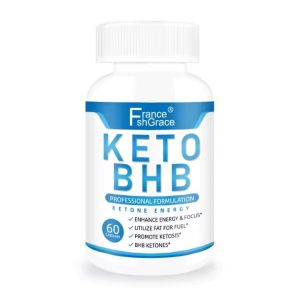
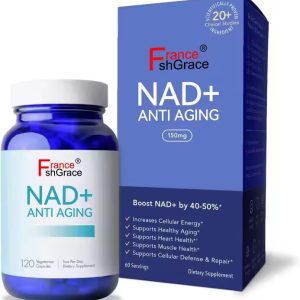





Reviews
There are no reviews yet.